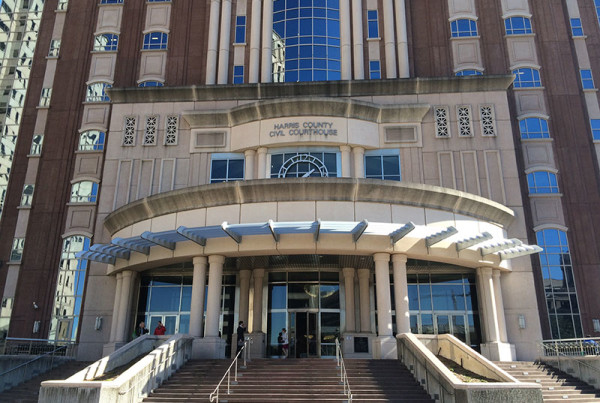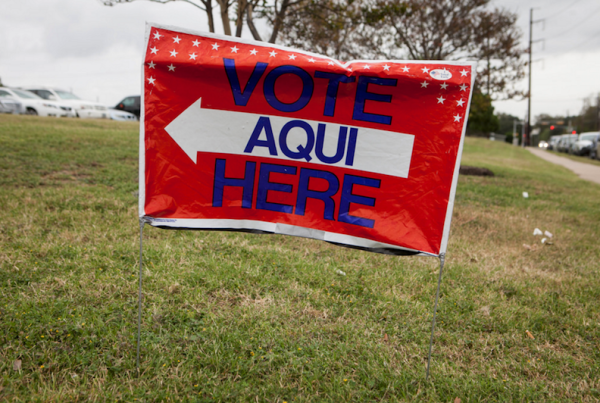Although it’s not literally raining cats and dogs in North Texas, you may think it is, given the swarms of strays that Dallas city officials say are running amok. An article from last summer described conditions as a sea of strays.
Now Dallas Animal Control says things are so out of control that they are planning to launch a massive crackdown, including a planned 500 percent increase in pet citations.
Tristan Hallman, reporter for the Dallas Morning News, says that the problem of strays and abused dogs in south Dallas has been an issue for quite some time, but the city is trying to get in under control. They’ve already issued more citations this fiscal year than in years past.
“For the last couple of months the city has been trying to get their act together on stray dogs,” Hallman says. “This has been brought up a lot by activists, a lot of them will find dead dogs different places. They’ll say they look like they’ve been abused or neglected, and that’s possible, or it could just be that they were left in dumping grounds for people who don’t know how to dispose of them.”
The problem is particularly bad in south Dallas, where animal control officers are targeting “hot spots.”
“It’s seen as a quality of life issue,” Hallman says. “They’re borrowing a lot of this from traditional policing tactics, where they go out and they flood a hot spot and they try to find as many stray dogs as they can, pick them up, take them in, and go from there. Or try to find their owner or cite their owner if they can.”
Animal control officers hope that the crackdown will send the message to pet owners to take better care of their animals, or pay the price.
“With this targeted effort that they really want to cite a lot more people, and they hope that will get people’s attention,” Hallman says. “They hope that will point out to people, ‘Hey we’re enforcing this now.'”
Listen to the full interview in the audio player above.
Web post prepared by Alexandra Hart.
















